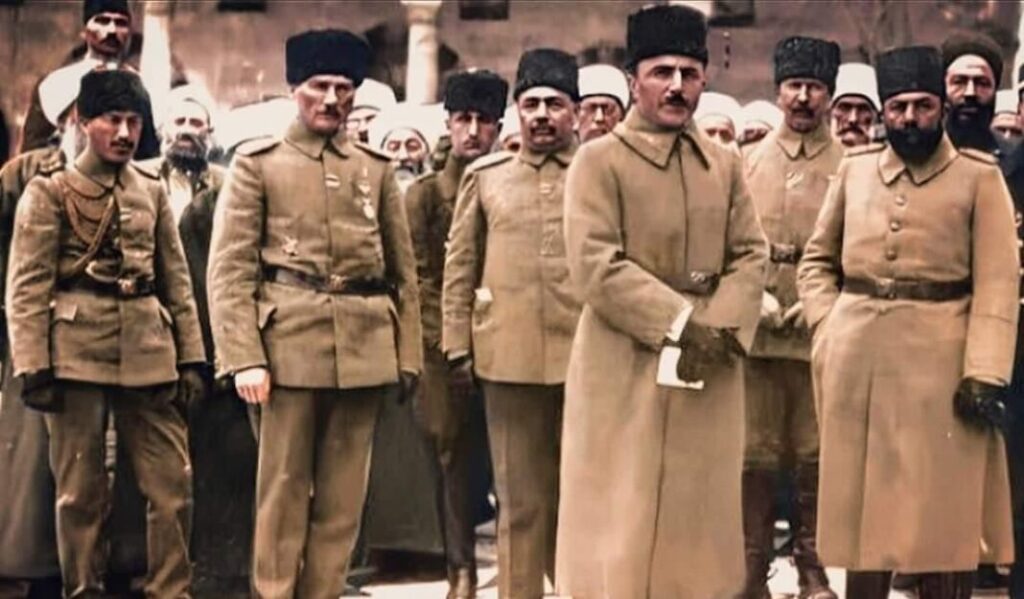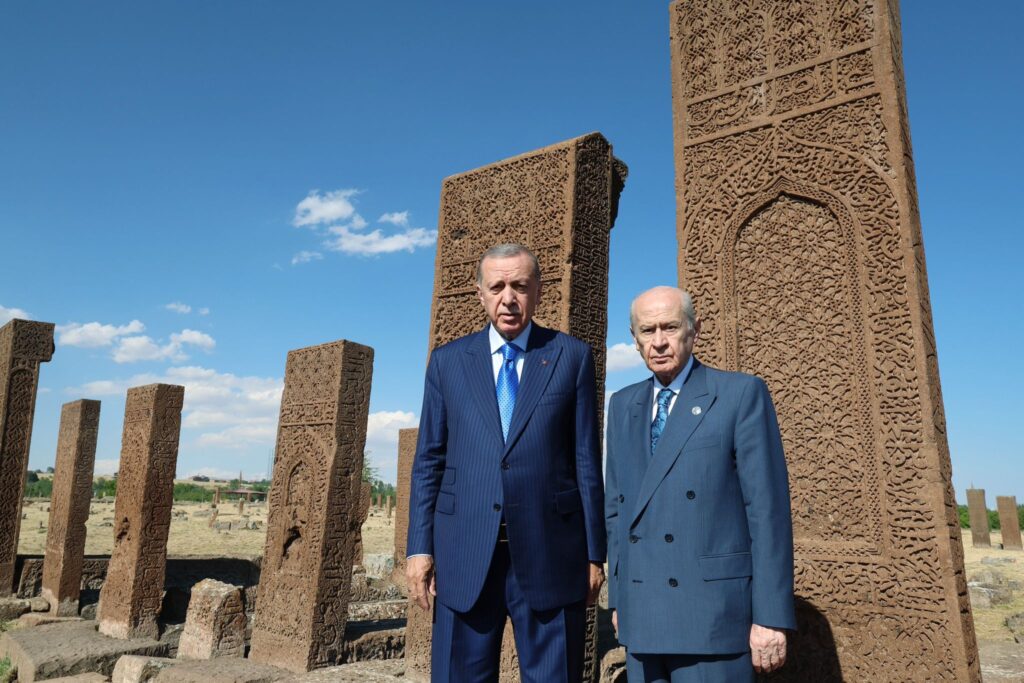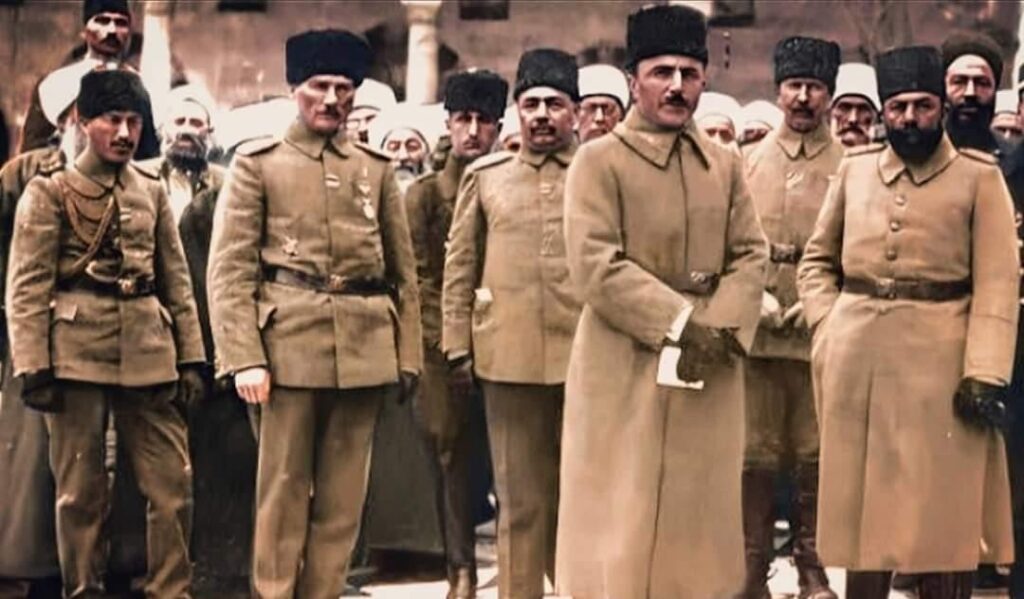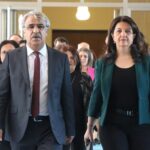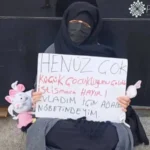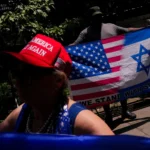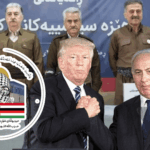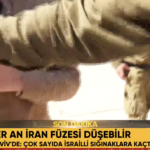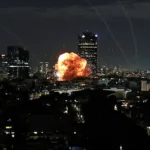Etyen Mahcupyan
The Turkish original of this article was published as PKK ne istiyor? on 24th November 2015.
For quite a few people, precisely when eighty seats had been won in parliament, it was an incomprehensible move for the PKK to launch a “resistance” campaign, in the name of a “people’s revolutionary war,” involving digging ditches and putting up barricades in the municipalities under their control. This step led to an unsuccessful strategy and got stuck in a primitive policy, which has rendered it even more anachronistic. But when the PKK took this decision, it surely did not expect that it was going to fail, and if it had succeeded, at present just as many others could have been discussing just how “farsighted” the organization was. Let us also underline that the basic reason behind this failure has been not the government’s outlook but the common sense and sound judgment of the region’s Kurdish people. In other words, the PKK proved unable to read correctly the feelings, inner meanings and priorities of even its own social base.
But the failure of the PKK’s attempt at an insurgency under the guise of a demand for self-government does not mean that this decision was purely irrational. From early 2015, the PKK started steering a new course and instrumentalized the HDP, too, in pursuit of that strategy. What they opted for was to establish a direct, one-to-one connection between Turkey and Syria, and then to force the issue to the limit in an “all or nothing” way. Behind this was (and is) a psychology of feeling themselves responsible before history, and fearing to be saddled with the emotional burden of not having made the most of the opportunity placed in their hands. At the same time, there is a certain rationality that prioritizes making maximum use of that opportunity. Clearly, the present conjuncture of being valued and taken as a possible partner by both the US and Russia cannot last very long. When the transition period envisaged for Syria comes to an end, it is impossible to foresee when the resulting new order might be reshaped yet again. So it is over the next two years that you have to collect the fruits of your struggle. After that, you may well end up being historically obsolete.
It seems to have been this kind of assessment that has caused PKK to veer towards a maximalist course. The first step was to nullify the Solution Process. The Dolmabahçe Meeting came as a nasty shock for them. This is why they declared in all haste that “it couldn’t work” with the AKP and also imposed on Demirtaş to make that “we are not going to allow you to become president [in a presidential system]” statement. Let’s remember that these words were not pronounced as part of a normal speech at a parliamentary group meeting. They were read as a special statement in itself. The PKK did not mince its words. Subsequently they declared that they were going to launch the war regardless of the election outcome, which they did despite the HDP’s success.
Today the HDP holds virtually no value for them apart from being usable in the field. A step further, not even the Kurds in the region, including even the PKK’s own supporters, are of any value. The organization regards itself as the agent of history’s great master-plan, and stands ready to sacrifice anybody who doesn’t subscribe to it. At the moment, what they are trying to achieve consists of nothing but forcing the state to carry out some massive massacres. This way, they think, the Kurds will ultimately be forced to stand by the PKK, so that in two years’ time Turkey will have become ungovernable. The crystal clear objective is to drag Turkey into civil war. This would make it possible to argue that Turkey and Syria are no different, they estimate, which would then lead into the further possibility of gaining territory or power privileges through foreign interventions. They also expect the AKP government to harden its stance in the process, so that it will become functional to argue that it is pursuing a racist line of depriving the Kurds of their legitimate cultural rights, thereby attracting support from a number of Western countries that dislike the AKP.
Does this strategy stand any chance of success. Yes if the government does not do the right things. What is needed is for Kurdish cultural rights to be rapidly recognized, for what the new constitution will entail for the Kurds’ rights and liberties to begin to be publicly explained and elaborated, and for a national campaign to be launched for social projects for the region. That is the way to overcome the war without fighting.
Yazıyı beğendiysen, patronumuz olur musun?
Evet, çok ciddi bir teklif bu. Patronumuz yok. Sahibimiz kar amacı gütmeyen bir dernek. Bizi okuyorsan, memnunsan ve devam etmesini istiyorsan, artık boş olan patron koltuğuna geçmen lazım.
Serbestiyet; Türkiye'nin gri alanı. Siyah ve beyazlar içinde bu gri alanı korumalıyız. Herkese bir gün gri alanlar lazım olur.




